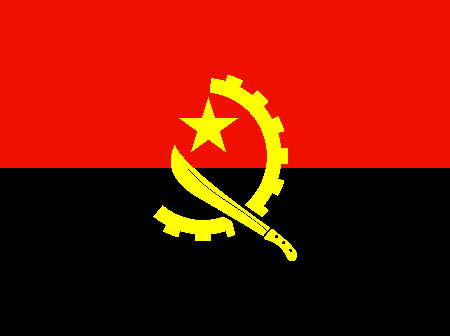LUPP was established as an empowerment programme that facilitates provision of basic services like: water, sanitation, child care support and microfinance to the poor in Luanda, the capital city of Angola. LUPP became operational in 1999, during one of the most destructive phases of the civil war (1975-2002). Due to the war, basic infrastructure were neglected or destroyed; about 4 million people were displaced, most of them seeking refuge in Luanda. The city was designed for about 750,000 inhabitants but has a current population of 6 million. LUPP creates a conducive environment for communities to actively participate in securing and managing urban services. They also build capacity within local government administrations to engage, dialogue, and plan with citizens to address the priority needs identified by communities. LUPP builds capacity so that: a) communities can manage and provide such services, b) communities can actively participate in municipal governance and advocate for, promote and influence pro-poor policies at the national level, and c) local government administrations can dialogue and plan with communities so as to address priority needs that communities have identified. LUPP brought the issue of urban poverty to the attention of national, provincial and municipal leaders, stimulated debated and action, and put urban poverty on the public policy agenda. It demonstrated the importance of community participation in the municipal planning process, of accounting for the needs and views of the traditionally excluded groups such as children, youth, women, the elderly, people with disabilities, and people living with HIV/AIDS. Citizens now actively participate in urban forums and the poverty network to advocate for access to basic services. Municipal planning and budgeting is more inclusive, participatory and accountable. Government ministries have adopted the LUPP model of community management in the provision of urban services. Community-managed stand-pipes provided clean water to 74,000 residents, reduced the cost of water by up to 20 times, and doubled the quantity of water used by each individual to reach minimum recommended levels. Water-user groups have started to use their collective voice to demand and obtain service improvements from the para-statal water supplier. LUPP is developing national policy and training guidelines for community-managed water sources. Community-organized and operated creches are being replicated in all 18 provinces throughout the country. LUPP created and transformed a microfinance project into KixiCredito, the first non-bank microfinance institution in Angola. KixiCredito has 13,000 clients (62% women), total cumulative loans of US$70 million (since 1999), with a 98% repayment rate in 2009.
—
Development Workshop Angola
Rua Rei Katyavala 113 P.O. Box: 3360 Luanda, Angola
Allan.devworks@angonet.org
(244) (222) 448-366/71/77





